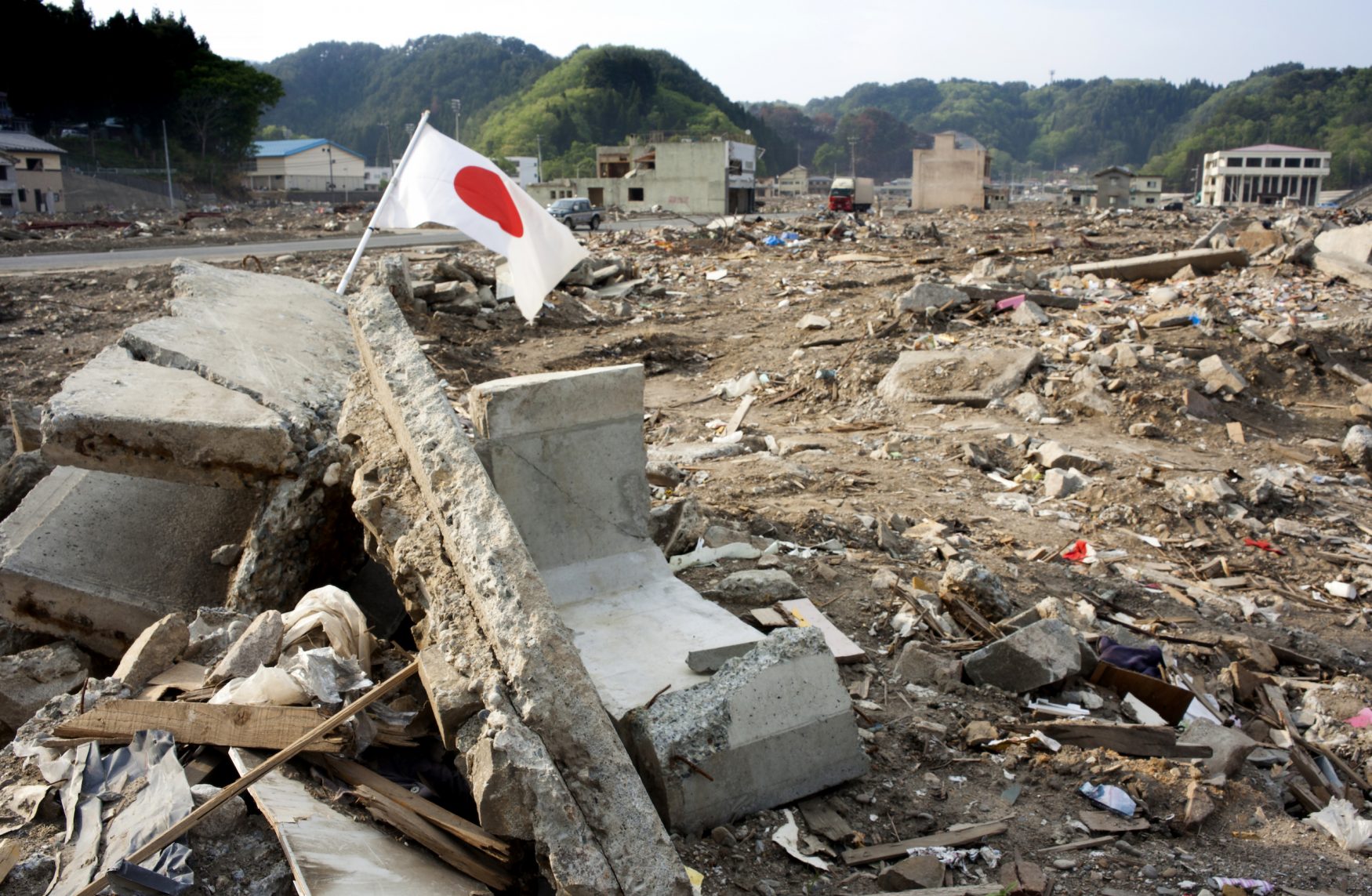
Japan Human Rights were Violated
After Japan Human Rights Were Violated, the U.S. Apologized, But it Was Too Little, Too Late.
After the Japanese Attacked the United States at Pearl Harbor on December 7th, 1941, President Franklin D. Roosevelt authorized the internment of Japanese Americans, which was a violation of Japan human rights.
The executive order, which was approved by the President, allowed military commanders to establish what they called “War Relocation Camps”, to house detainees.
In the final tally, approximately 110, 000 Japanese Americans were forced into these camps.
The executive order that sanctioned internment of the Japanese was extremely strict as individuals with even a drop of Japanese blood could be targeted for internment.
The majority of people who were sent to camps, about two-thirds, were Americans citizens.
Internment of the Japanese was most aggressive on the west coast where almost all Japanese Americans were interned in one of the most disgusting acts of Japan human rights violations the world has ever seen.
The justification for internment of Japanese came down to loyalty.
Many prominent politicians as well as average Americans did not believe that Japanese Americans would remain loyal to their new home in a time of war.
They believed that those with Japanese ancestry had pledged undying fealty to the emperor of Japan.
Most new war relocation camps were quickly constructed on Indian Reservations.
The internees were housed in poorly-made shacks or barracks.
Most of these structures were simply tar paper-covered houses that were not equipped with plumbing or cooking facilities.
Many of these structures were based on simple designs for military barracks and were not intended to house families.
With in the camps, Japanese Americans were frequently subjected to unlawful searches and seizures.
There were also curfews put in place that strictly regulated the night time activities of internees.
In December, 1944, the Supreme Court ruled that the detention of loyal American citizens was unconstitutional.
This decision officially put an end to the internment of the Japanese.
Eventually, the U.S. apologized for the Japan human rights violations, but it was really a case of too little, too late.
A Look Inside
Japan Human Rights Violations
Though there were many reasons why the Supreme Court decided that the internment of Japanese Americans was unconstitutional, one explanation is that it violated the writ of Habeas Corpus.
Habeas Corpus is a legal procedure that requires that any person who is detained and placed under arrest must be allowed to see a judge and tell his side of the story.
Though the writ of Habeas Corpus has been suspended before, it is protected by the U.S. Constitution.
Of the 110,000 Japanese Americans that were sent to internment camps, none of them got to see a judge. This was a clear violation of the Constitution.
The Apology
In 1988, President Ronald Reagan officially apologized for the internment of Japanese Americans during World War Two.
He also admitted that the government’s actions were most likely based on racial prejudice and war hysteria.
The government later allocated 1.6 billion dollars in reparations to the families of those who were interned.
Though no amount of money can fully compensate an individual when his human rights’ have been violated, it was at least a good sign.
One can only hope that the U.S. government will learn its lesson from this shameful episode.

 My First Amazing Ayahuasca Experience
My First Amazing Ayahuasca Experience  Pine Needle Tea
Pine Needle Tea  The REAL Controllers of Humanity: The Papal Bloodlines
The REAL Controllers of Humanity: The Papal Bloodlines  Is it Global Warming or Cooling?
Is it Global Warming or Cooling?  Gun Rights and Obama Examined
Gun Rights and Obama Examined